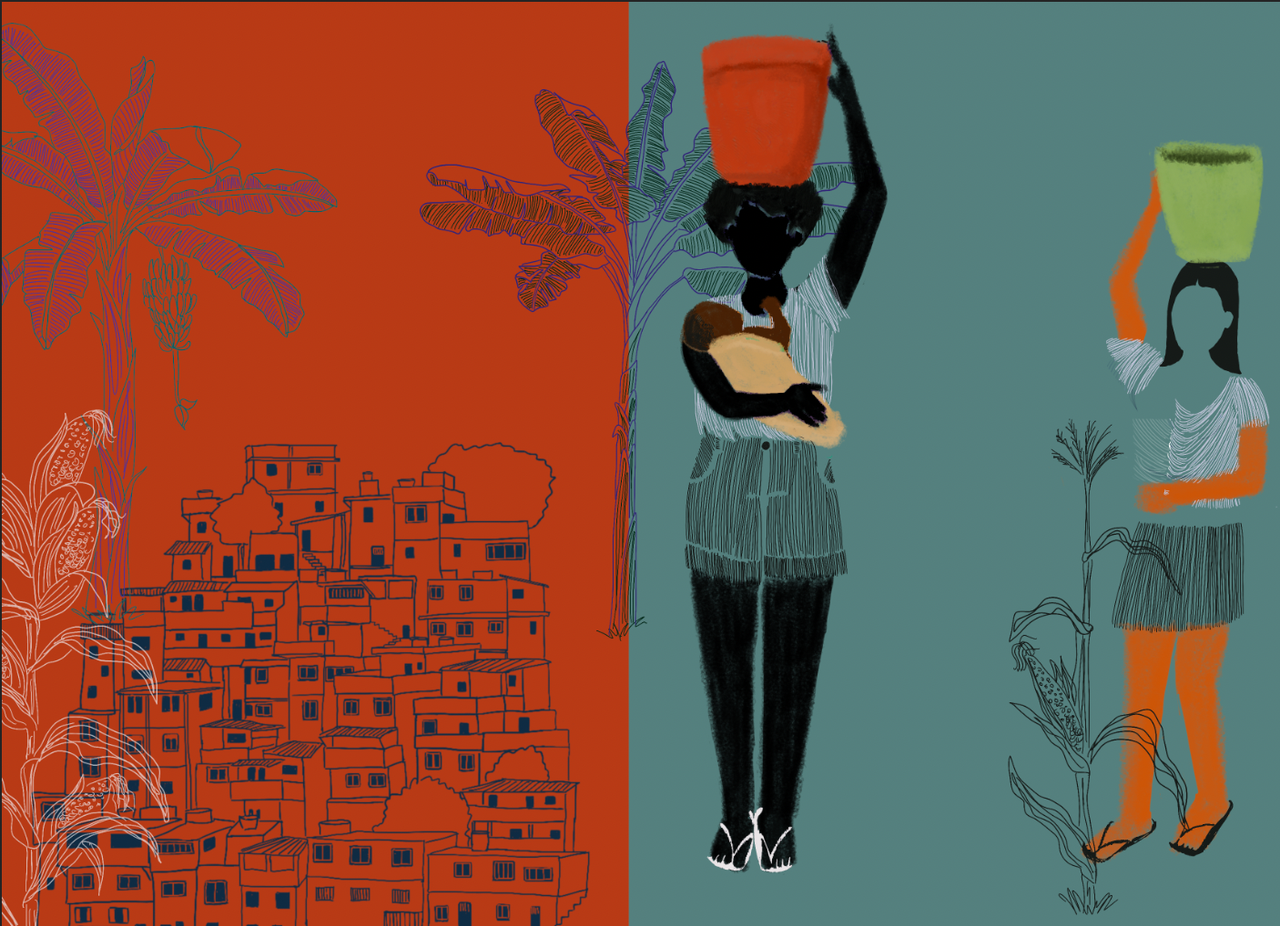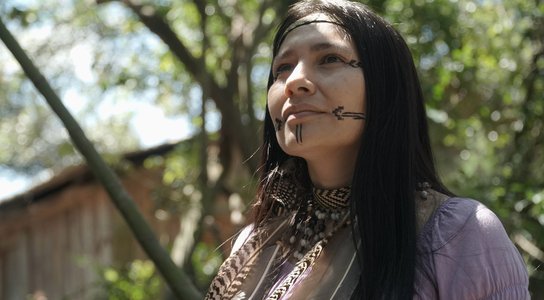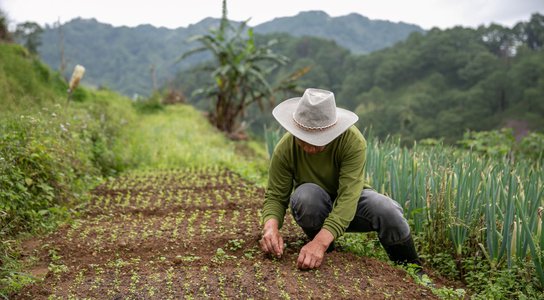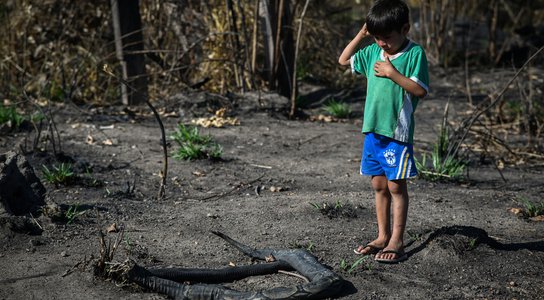The outcome of Brazil’s election marked a new beginning for forest conservation and Indigenous rights, as President elect Luís Inácio Lula da Silva pledged to prioritise those issues, after they had come under sustained assault from the Bolsonaro government.
Brazil now has the opportunity to take a leading role in responding to the climate crisis and should bring land and environmental defenders to the forefront of its actions to address climate change.

Traditional and indigenous communities and small-scale farmers play a critical role as climate defenders in Brazil. In March 2021, the United Nation’s Food and Agriculture Organisation (FAO) published a report showing how traditional and indigenous communities are key for the conservation of biodiversity and consequently, for reducing carbon emissions – central elements in the struggle for climate justice.
Unfortunately, this group of defenders – the ones who cause the least environmental impacts and consume the least of our planet’s natural resources – are the ones who suffer from the current changing climate. This is the human dimension of climate change which demands reparation and justice.
In August this year, the Brazilian organisation Observatório do Clima (Climate Observatory) published a study called “Who needs climate justice in Brazil?”. It gives voice to dozens of men and women who are on the frontline of the protection of our environment, but who are also victims of social injustice and climate change. Despite the individuality of their experiences, there are many issues that the defenders interviewed had in common.
One of the most common reports by the defenders relates to the direct consequences of the climate crisis on these communities. Small-scale farmer Veridiana Vieira, for example, reflects on the abundance of water she had during her childhood, that no longer exists: “I remember that when I was a teenager, we had to stay at home for weeks – we couldn’t leave our house due to the amount of rainfall. There is a wonderful river here, the Juruena river. We used to fish there, and it was difficult to get to the riverbed due to the number of water streams. This river has never filled again like that. (…) Someone who visits now won’t believe that the Juruena river was once a full and thriving river. This year, during the spawning period, there was no water for the fish to lay their eggs”.
Another important transformation reported by defenders relates to the change in the rain patterns and rising temperatures that lead to food and financial insecurity for families and communities that rely on their crops for subsistence and income generation. The indigenous activist Txai Suruí explains how her community has perceived climate changes where she lives: “We noticed these changes in the rainy season, because we work with nature. We sowed the seeds, but the rain didn’t fall. This has affected not only our food supply, but also the food and financial security of our community, as we rely on our crops to survive”.
Silvia Batista, member of the National Council of Extractivist Communities (CNS), explains how changes in the climate have altered her working patterns: “Another thing that demonstrates the changes related to climate is our working hours. Before, we would go to the fields at 6am and work until 11am, 12pm or even 2pm. Today, this is different. We go to the fields before 6am and can only work until 9am because of the heat.”
Many defenders report on the proliferation of land grabbing, deforestation and/or presence of agribusinesses, construction of roads and energy enterprises in or nearby their communities. In relation to this, it is important to highlight that out of more than 6,000 quilombola communities in the country, only 2,786 have been registered, a reminder that there is still a huge number of communities without land titles, and therefore vulnerable to exploitation by extractive industries. In relation to indigenous territories, there are currently 726 areas in different stages of government approval that are being fought for by their communities, including through judicial means, to prevent losing their right over their ancestral territories.
These numbers emphasise how fundamental it is for indigenous lands to be demarcated and for quilombola and other traditional communities to receive land titles. In the Brazilian context, access to land and climate justice are concepts that should go together. The climate crisis is already a reality, and one of the main ways to ensure forest conservation, and consequently prevent the worst unfolding of this crisis, is through the demarcation of indigenous lands and transfer of land titles to quilombola and other traditional communities.
The new Brazilian government needs to urgently suspend the “Destruction Package” – a package of draft laws that, among others, which promote land grabbing (especially in the Brazilian Amazon) and nullify the recognition of indigenous lands. On the other hand, multinational companies must adopt measures to ensure that their supply chains are not contributing to worsening the Brazilian land problem, which is intrinsically related to the destruction of our forests and to human rights violations. While indigenous and traditional communities carry on suffering the worst consequences of the climate crisis, and until we ensure the rights of these communities to remain in their ancestral territories, we cannot achieve climate justice in Brazil.
Author
-
Joci Aguiar
Climate Observatory


